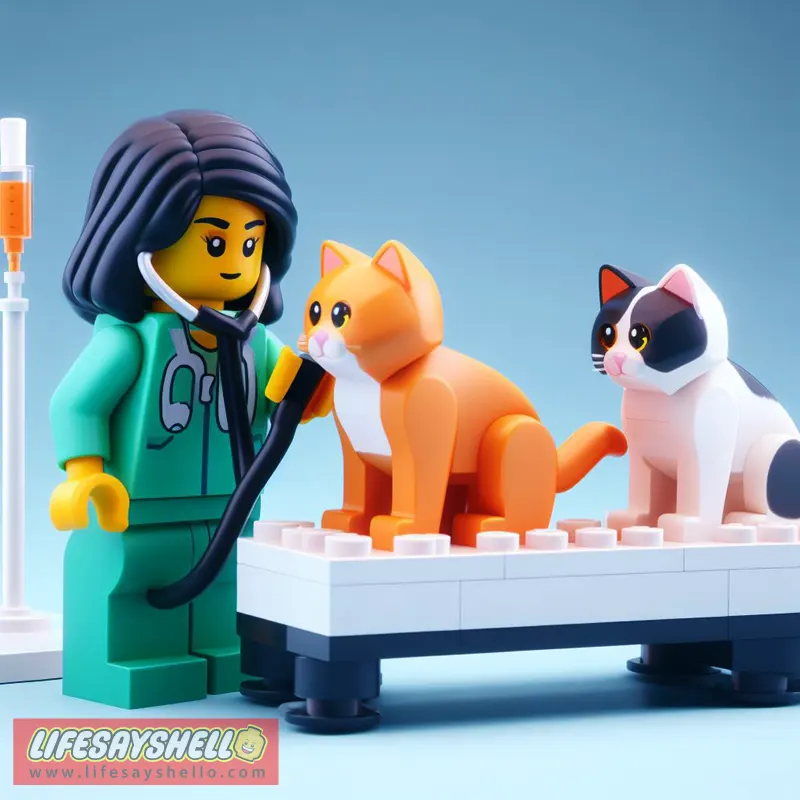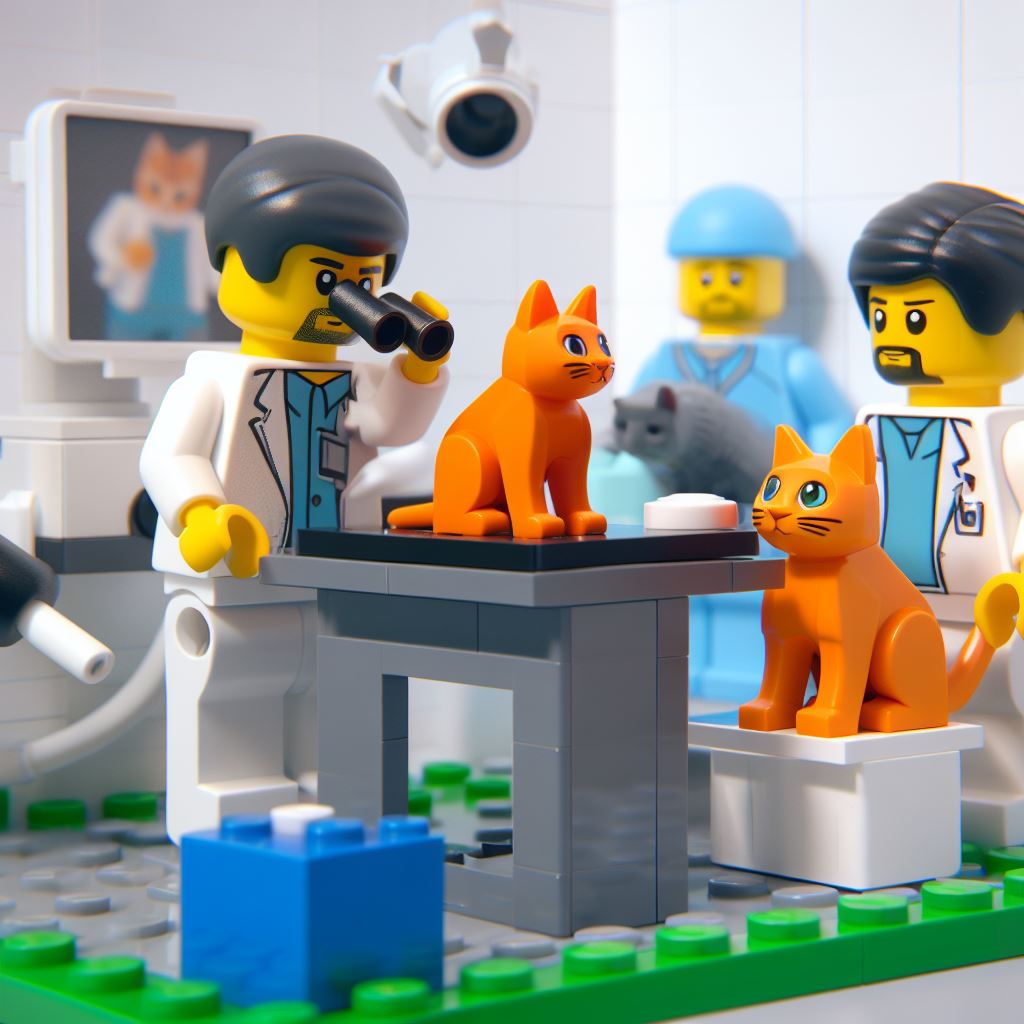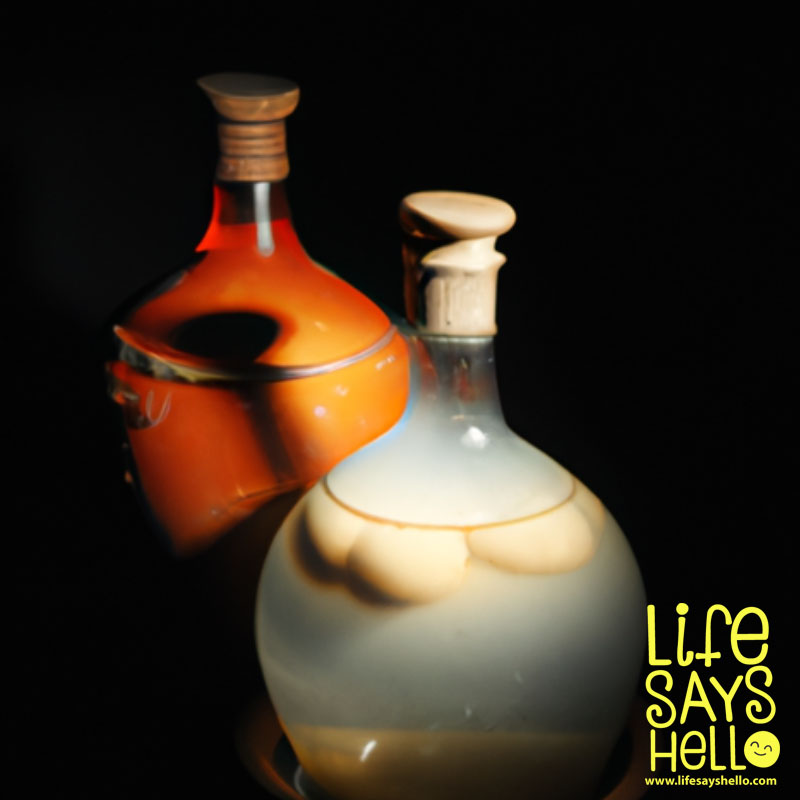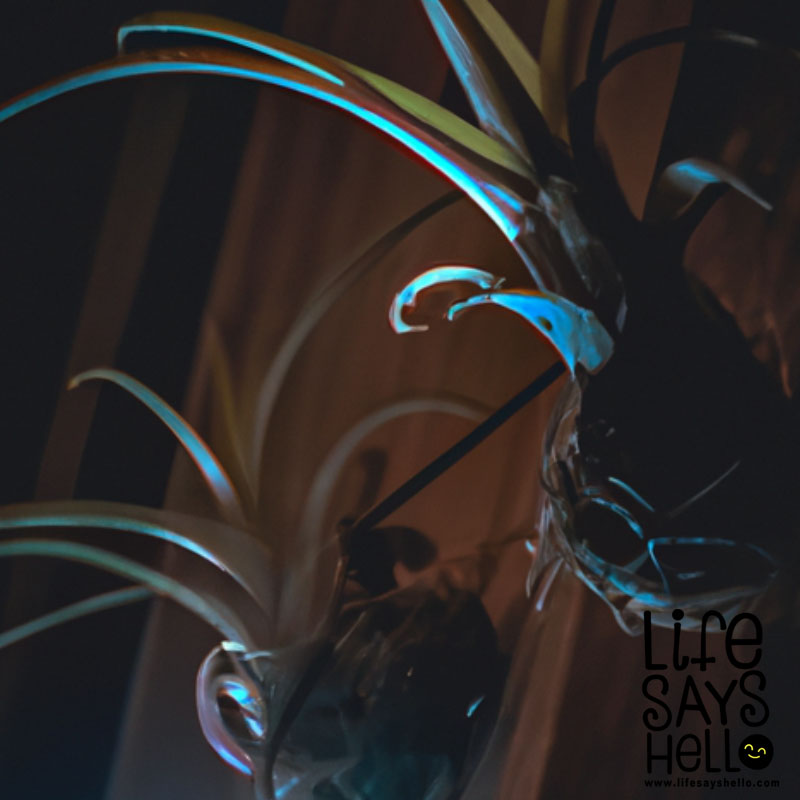The Potential Side Effects of Vaccines for Cats

Vaccinating your cat is one of the most important things you can do as a pet owner to keep them healthy. But as with any medical treatment, feline vaccines do come with some potential side effects. While serious reactions are rare, it’s important to be aware of the possible adverse reactions your cat could experience after getting their shots. This will help you make informed decisions about vaccination and know what to watch out for.
When our furry friends get their regular inoculations, it triggers an immune system response that provides them with antibodies to fight off dangerous contagious diseases. However, with some cats, the vaccine can also inadvertently cause minor negative reactions. Usually these are mild and pass quickly, but more severe responses are possible too.
In this article, we’ll break down the potential side effects of vaccines for cats and what to do if your pet experiences any problems after a visit to the vet.
Common Mild Reactions to Feline Vaccines
The most frequently reported vaccine reactions in cats tend to be minor and short-lived. According to experts, the most common side effects after vaccination include:
Lethargy - Your cat may act more tired and sleepier than usual for a day or two.
Decreased appetite - Often accompanied by lethargy, your cat make eat less for a brief period.
Low-grade fever - A slightly elevated temperature, but not over 103oF-104oF (39.4oC-40oC). Usually goes away within 48 hours.
Soreness, tenderness or swelling at the injection site - Some cats develop a mild inflammatory reaction at the location where the vaccine was administered. It should resolve on its own within a few days.
These mild vaccine side effects are normal as the cat’s immune system responds and are no cause for alarm. Symptoms generally last only a day or two before your cat is back to their usual self. Keeping an eye out for these common reactions can help put your mind at ease if your cat seems a little under the weather after their shots.
Less Common but More Severe Vaccine Reactions
While most cats tolerate vaccines well, more serious adverse reactions are possible in rare cases. Potential signs of a more significant vaccine reaction include:
Facial swelling - Allergic reactions that lead to swelling of the head, eyelids, lips, etc. are not typical but can occur in some cats.
Vomiting or diarrhea - Some cats may vomit or have loose stools, which indicates gastrointestinal distress.
Hives or itchiness - Skin reactions like hives or itchy welts may emerge around the injection site or elsewhere.
Breathing issues - Increased respiratory rate, coughing, sneezing or wheezing could signal a vaccine reaction.
These symptoms tend to arise within 48 hours after vaccination. Immediate severe responses are very rare. But if your cat displays any of these more troubling reactions after getting their shots, contact your vet right away. In many cases, the reaction can be successfully treated with medications like antihistamines, steroids or antibiotics.
For cats with a history of vaccine hypersensitivities, vets may prescribe pre-treating with antihistamines before future vaccinations. Or your vet may try a different vaccine brand that uses alternate formulas or delivery methods to reduce side effects for your specific cat.
What to Do if Your Cat Has a Bad Reaction
If at any point after a vaccine appointment your cat seems severely lethargic, is vomiting repeatedly, has difficulty breathing or displays other acute symptoms, seek veterinary care immediately. Your vet is equipped to assess your cat’s condition and provide appropriate treatment to manage any vaccine reactions.
To help your vet determine what is causing your cat’s symptoms:
Note the time of vaccination and when reactions first appeared.
Bring copies of your cat’s vaccine history/records.
Explain all of your cat’s symptoms in detail.
Share any other pertinent information like changes in diet or environment, stressors, other medication, etc.
These details will aid your vet in pinpointing whether the vaccine caused the reaction and how to treat it. In most cases, vaccine reactions are addressed with medication and your cat makes a full recovery. But serious reactions can occasionally be life-threatening, so prompt veterinary care is crucial.
Key Considerations in Feline Vaccine Decisions

When bringing your cat in for their next round of shots, be sure to discuss the following factors with your vet:
Vaccine Effectiveness Varies
No vaccine is 100% effective or protects every cat equally. Variables like the individual cat’s immune function, vaccine type, virus or bacteria strains, and route of administration impact how protective the vaccine will be. Work with your vet to maximize immunity for your cat.
Lifestyle and Environment Matter
Consider your cat’s lifestyle and what pathogens they are realistically exposed to. For example, strictly indoor cats may not need certain vaccines recommended for outdoor cats who face higher risks. Discuss this with your veterinarian.
Age and Health Status
Kittens, seniors and cats with medical conditions may need specialized vaccine schedules or protocols compared to young healthy adult cats. Underlying illnesses may increase risk for vaccine reactions too. Share your cat’s age and health details with your vet.
Individual Risk Assessment
Your vet will conduct an exam and ask questions to determine your cat’s vaccine risks and needs. Be honest about your cat’s environment, health history, medications, etc. to help your vet make appropriate vaccine recommendations.
Non-core Vaccines Are Conditional
Certain “non-core” feline vaccines are given based on lifestyle risk and exposure. These include vaccines for chlamydia, bordetella and feline leukemia virus. Your vet can advise if they are recommended for your individual cat or not.
By working closely with your veterinarian and paying attention to your cat’s unique needs, you can make sure your feline companion gets the vaccines necessary to protect their health while also taking steps to avoid or manage potential side effects.
Conclusion: Reactions Are Rare But Pay Attention
For the vast majority of cats, routine vaccinations are safe and any side effects are mild. Serious adverse reactions are atypical and the benefits of vaccination far outweigh the minimal risks. But being informed about potential vaccine reactions empowers you to make thoughtful vaccine decisions and act quickly if your cat does have problems.
Watch for common short-term symptoms like lethargy, decreased appetite or injection site tenderness, which generally don’t necessitate treatment. However, if your cat exhibits more concerning reactions like facial swelling, vomiting or trouble breathing within 48 hours after vaccination, don’t hesitate to call your vet right away. Prompt veterinary attention can address more significant vaccine reactions and ensure your cat returns to full health.
While reactions may be rare, the best approach is to be vigilant in monitoring your cat closely after vaccinations and never hesitate to contact your vet if anything seems off. With awareness and care, you can safely protect your cat against dangerous diseases through vaccination. Consult your veterinarian about the recommended vaccine protocol to follow based on your cat’s age, medical status, environment and specific risk factors. Working as a team with your vet is key to keeping your precious feline healthy and avoiding preventable illnesses!




Comments